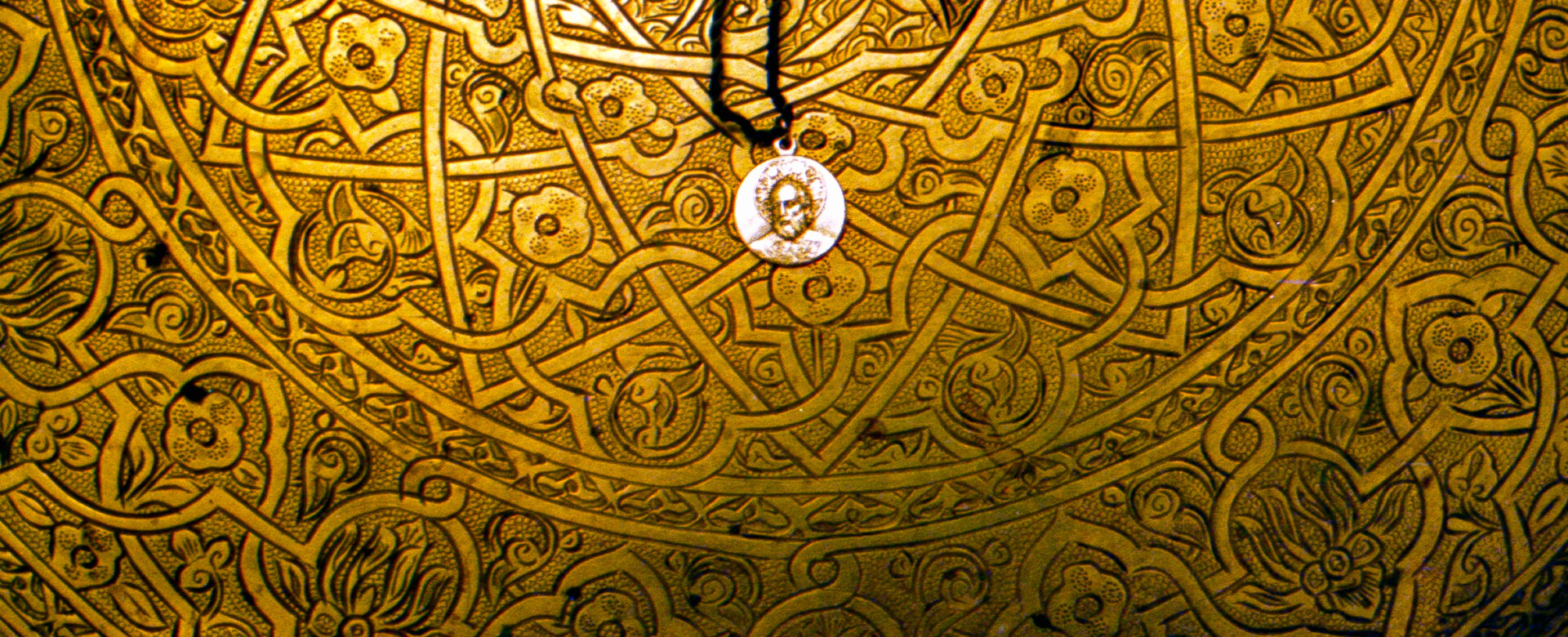MARESIA the new Fabrizio Piepoli solo album is finally out and available on digital stores and record stores.
Produced by Zero Nove Nove and digitally released by Believe Italia. Cd distribution: Self (Italy), Inouïe (France), O-Tone-Edel Kultur (Germany, Austria, Switzerland), Xango Music (Belgium, Netherlands, Luxembourg).
Two singles brought the album release forward : Occhi de Monachella, followed by a live videoclip; and Melagranada Ruja, followed by official video. Both videos were directed by Gabriele Vitale, shot at Palazzo Pesce (Mola di Bari).
Maresia is a work that explores popular and original songwriter music from Puglia and Southern Italy with a Mediterranean attitude and a meticulous search for sound, which have always been the hallmarks of the musician from Bari. Fabrizio Piepoli’s voice is a flowing universe, with a strongly ‘melismatic’ style that allows several notes to be sung to one syllable of text. His light tenor voice allows him to dip down to the low, baritone register sounds while also reaching up to the acute mezzo-soprano ones. He has a sophisticated voice that continuously plays with its own identity, with the masculine and the feminine, and with the East and the West. The battente, or ‘beating’ guitar typical of Southern Italian tradition, the Arab oud, and the Turkish saz, often filtered through effects and loop machines, are the instruments that accompany Fabrizio Piepoli’s singing. All this put together with the passionate tale of his roots is what breathes life into a new sound: the TARABTELLA, where Apulian tarantella meets the tarab of the Arab melody, the joy of dance, and the ecstasy of listening. The rhythmic, three-note gait of the tarantella, the rediscovery of Marisa Sannia and Amalia Rodriguez, and the dialogue between the Gargano tarantella and Portuguese fado all animate and define this valuable, intricate album made up of melodic pathways. What further embellishes it is research into the Carpino singers and a love for traditional Arab and Turkish instruments, as well as the Arbëreshë tradition and migration songs.
